A spoonful of fire
Fire cider takes a stand for herbal traditions
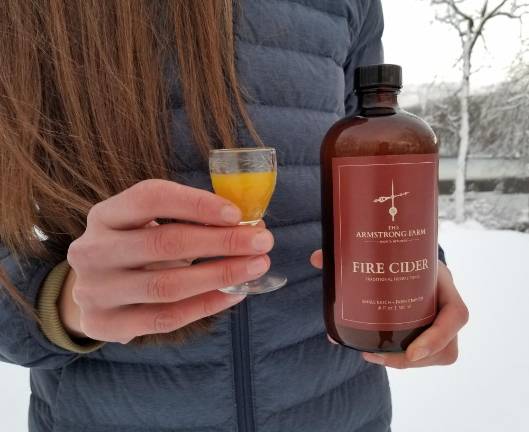
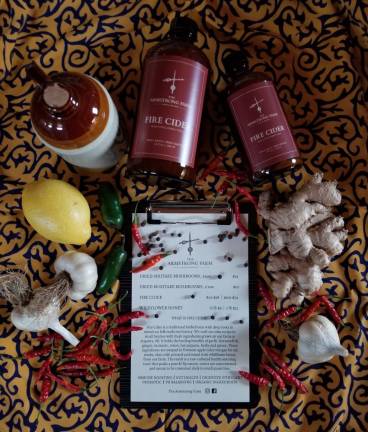
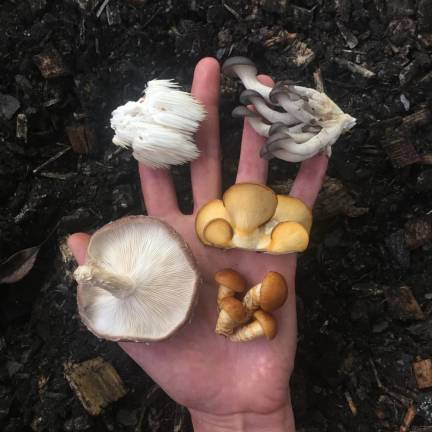
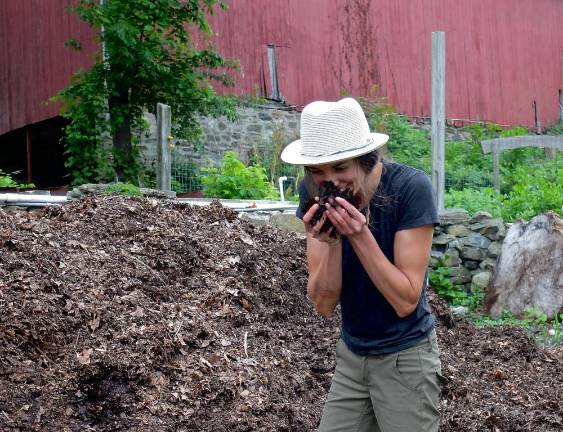
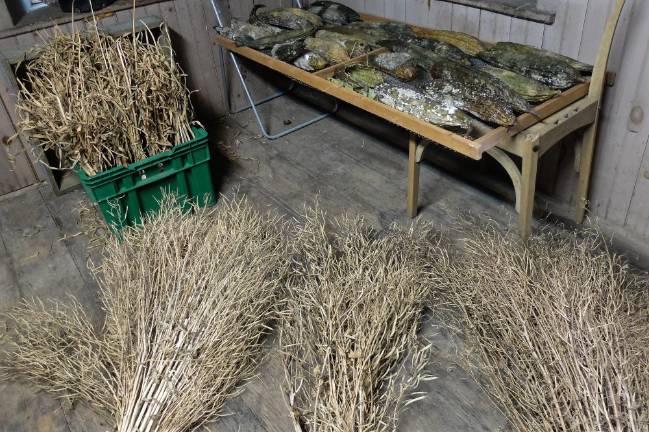
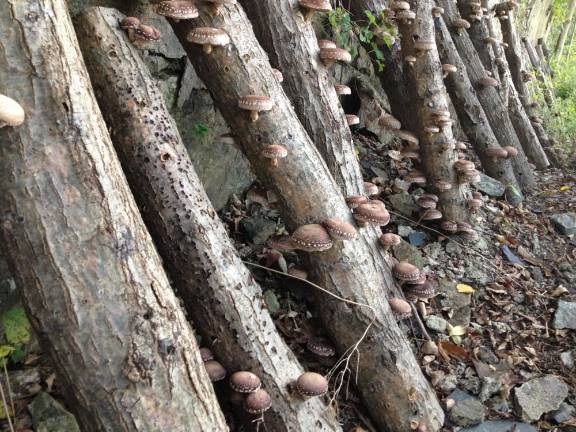
Few age-old food traditions are without controversy. Fire cider, the de-congesting folk remedy of times past, is the latest concoction to weather the trials and tribulations that mark the capitalization of our food system. The vinegar tonic known to cure what ails you recently fought a five-year trademark case over who could use the term. The watershed battle would prove revolutionary for the herbalism community, setting a precedent for the question: can a company “own” a folk remedy?
Farmer and food activist Sarah Berman, 31, of The Armstrong Farm in Augusta, NJ kept an eye on the case, watching as the battle incited a Free Fire Cider movement. In the meantime, she printed “Traditions not Trademarks” on the label of her ginger-and-onion-infused remedy – a nod to the notion that plant knowledge and food traditions belong to communities, not corporations. When fire cider became a generic term by judicial decree in October, Berman and herbalists across the country were free to sell their product under its common name without fear of a lawsuit.
Versions of fire cider have deep-rooted history in Western herbalism, going as far back as the 17th century, and perhaps much further. One form of the concoction, Four Thieves, took root during the Bubonic Plague in France. It was made with vinegar, garlic, and herbs and was thought to repel the flea that carried the disease known for wiping out Europe during the medieval period. Other varieties of similar vinegar tonics are believed to have been used since the time of Hippocrates, the famous physician of Classical Greece who once said, "Let food be thy medicine and medicine be thy food."
An advocate of the good food movement, Berman’s philosophy doesn’t stray far from that of Hippocrates. Since moving to The Armstrong Farm in 2013, she’s been focused on providing “a food source for the greater community,” growing, foraging and processing, and passing on what she’s been learning about the healing power of plants along the way.
Berman’s Fire Cider – similar to the version popularized in the 80s by “godmother of herbalism” Rosemary Gladstar – is made with heirloom garlic, hot peppers, horseradish, onion, rosemary, and winter savory, all grown on the farm. Those ingredients she doesn’t grow, Berman sources organically: ginger, turmeric, black pepper, lemon peel, and the Vermont apple cider vinegar in which it all steeps for six weeks. In this style of medicine-making, called acetum, the vinegar pulls out alkaloids, minerals and other nutrients from the plant material. Honey, another key ingredient, is also harvested from The Armstrong Farm, from hives tended by Life Bee Good, a local apiary.
“There is no right or wrong way to make it,” Berman said, enforcing the opinion that fire cider is an herbal legacy that belongs to all of us.
As a medicine, fire cider’s many benefits are especially well-suited to wintertime, when we are more prone to colds, have lower energy, and are under greater physical stress. Berman’s label recommends a tablespoonful daily. When Berman, who’s originally from the south, moved to Sussex County 13 years ago, she “fell in love with the way fire cider affected my well-being in the winter months.” Along with its warming kick as it goes down, fire cider is said to be decongestant, antiviral, anti-inflammatory, a digestive stimulant and overall immunity booster.
After playing with her recipe for seven years, Berman spent the last couple years refining its flavor, which she describes as “a smooth jazz song dancing on your tongue.”
She processes her ingredients as soon as she harvests them and takes the extra step of cold pressing her fire cider, which helps to preserve plant enzymes and nutrients that increase the remedy’s potency. Bottles are available at Berman’s Etsy store and at local markets in Sussex County. “The sediment at the bottom is all the good stuff,” said Berman, “so shake it up before you take a shot!”
February 2 marks World Fire Cider Day. Berman encourages curious kitchen alchemists to try their hand at making their own. On top of its history of healing, this winter the “people’s medicine” is enjoying fresh status as the symbol of a culture that favors sharing herbal recipes no matter how profitable they may be.